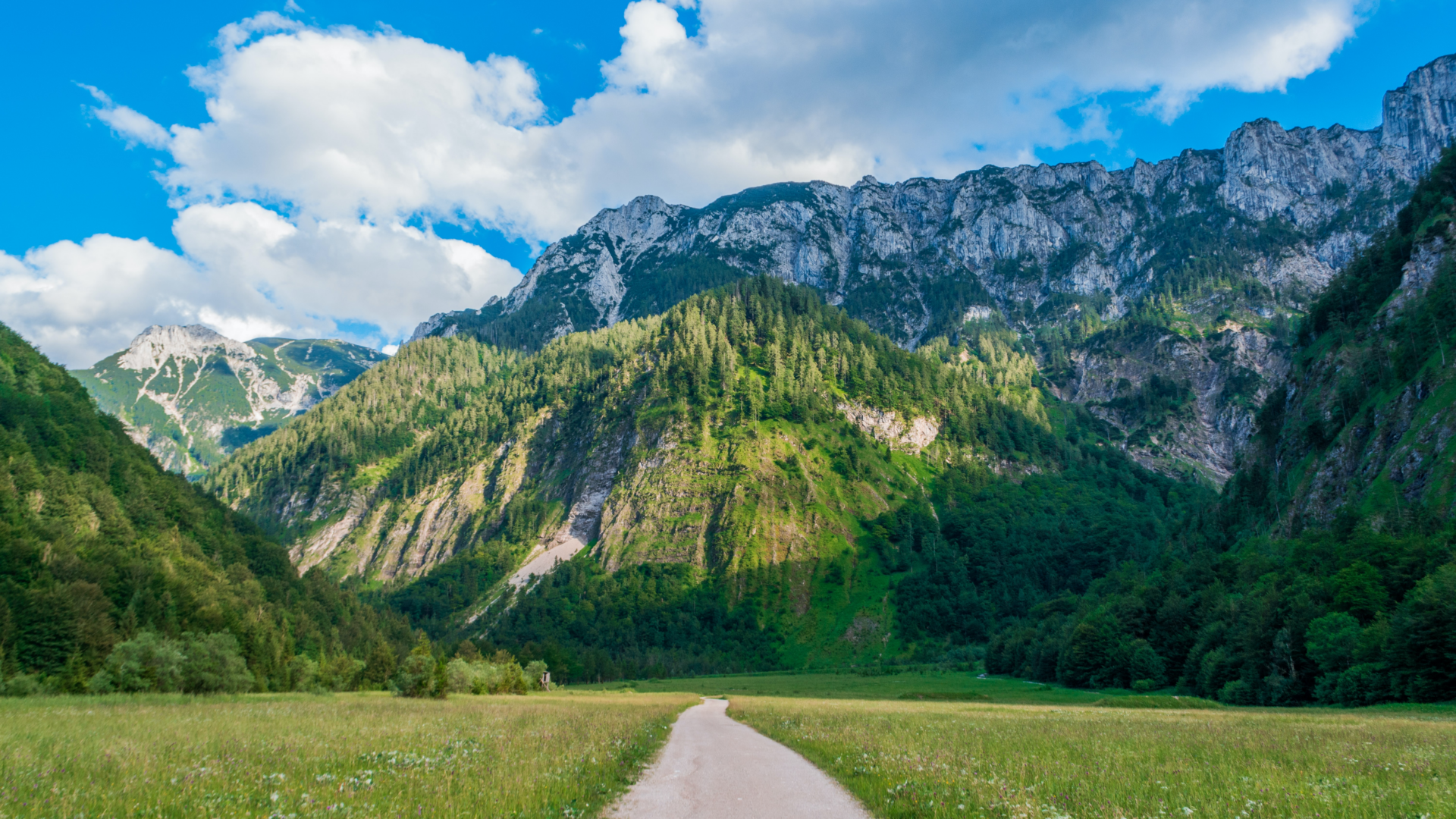
Tourism Demand in the First Half of Summer 2022 Almost at Pre-crisis Level
Despite an increasing recovery in the tourism industry since the beginning of 2022, the general conditions for the tourism industry remain difficult. On the one hand, there is uncertainty about the further course of the pandemic, and on the other hand, the development of the European, as well as Austrian economy is inhibited by the energy crisis and high rates of price increases. This uncertainty is already apparent in the current WIFO-Konjunkturtest (business cycle survey) from August 2022, with companies pointing to the current employment and business situation. Sectoral employment in July was higher than that of July 2019 and unemployment in the sector has already shown a downward trend since July 2021 (with the exception of the lockdown month of December 2021) compared with 2019. The labour shortage repeatedly lamented by industry representatives is thus likely to be associated with a lower volume of work despite rising employment.
Economic uncertainties remain high in the further course of winter 2022-23: if gas supplies from Russia are curtailed or even stopped completely, a recession is likely in Europe. In addition, inflation will continue to rise until the end of the year, thus significantly dampening demand from private households in Austria, but also in the most important countries of origin for the Austrian tourism industry. The price increases for essential goods such as electricity and food in particular, will force many households to reallocate their budgets – this will be at the expense of "luxury goods", which also include tourist services and vacation trips.It is likely that many households will limit their spending on holidays. It remains open which savings strategies are pursued: foregoing vacation travel and/or cutting back on expenditure (shorter vacations, less expensive accommodations, alternative destinations, etc.). It is not yet possible to predict which strategies households will pursue for the coming winter season. In addition, there are also possible restrictions on the supply side, which could become necessary mainly due to the energy shortage.


